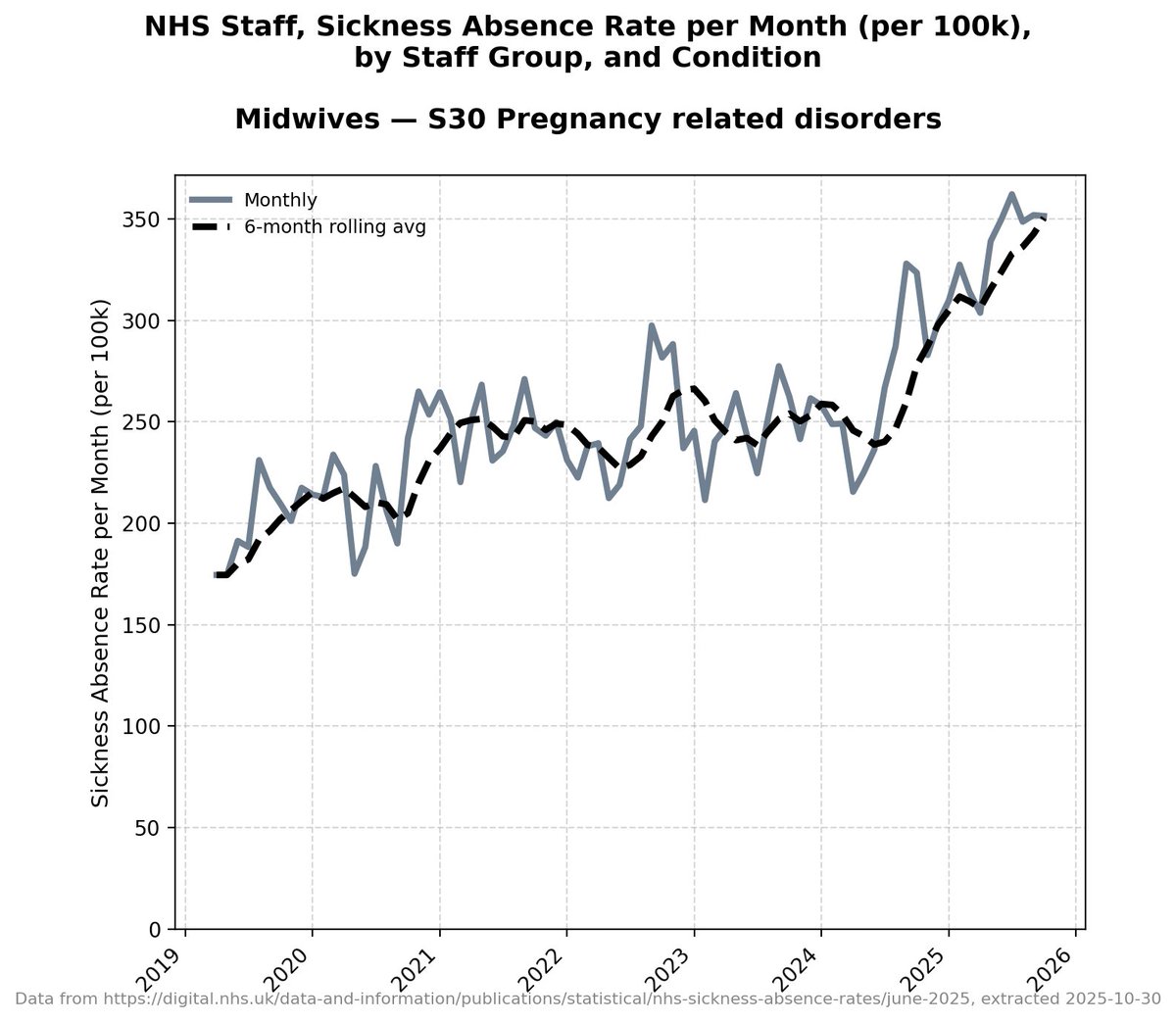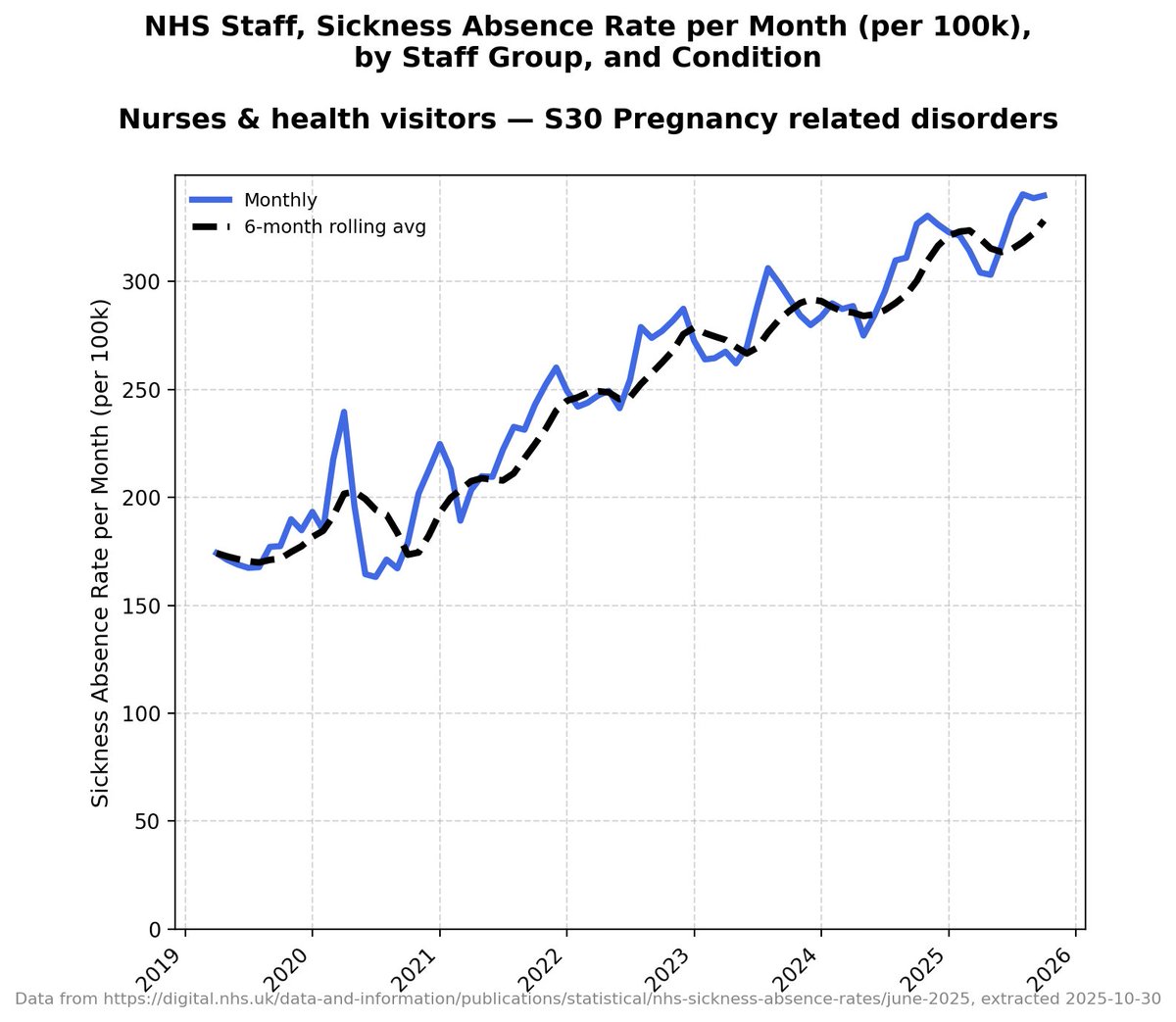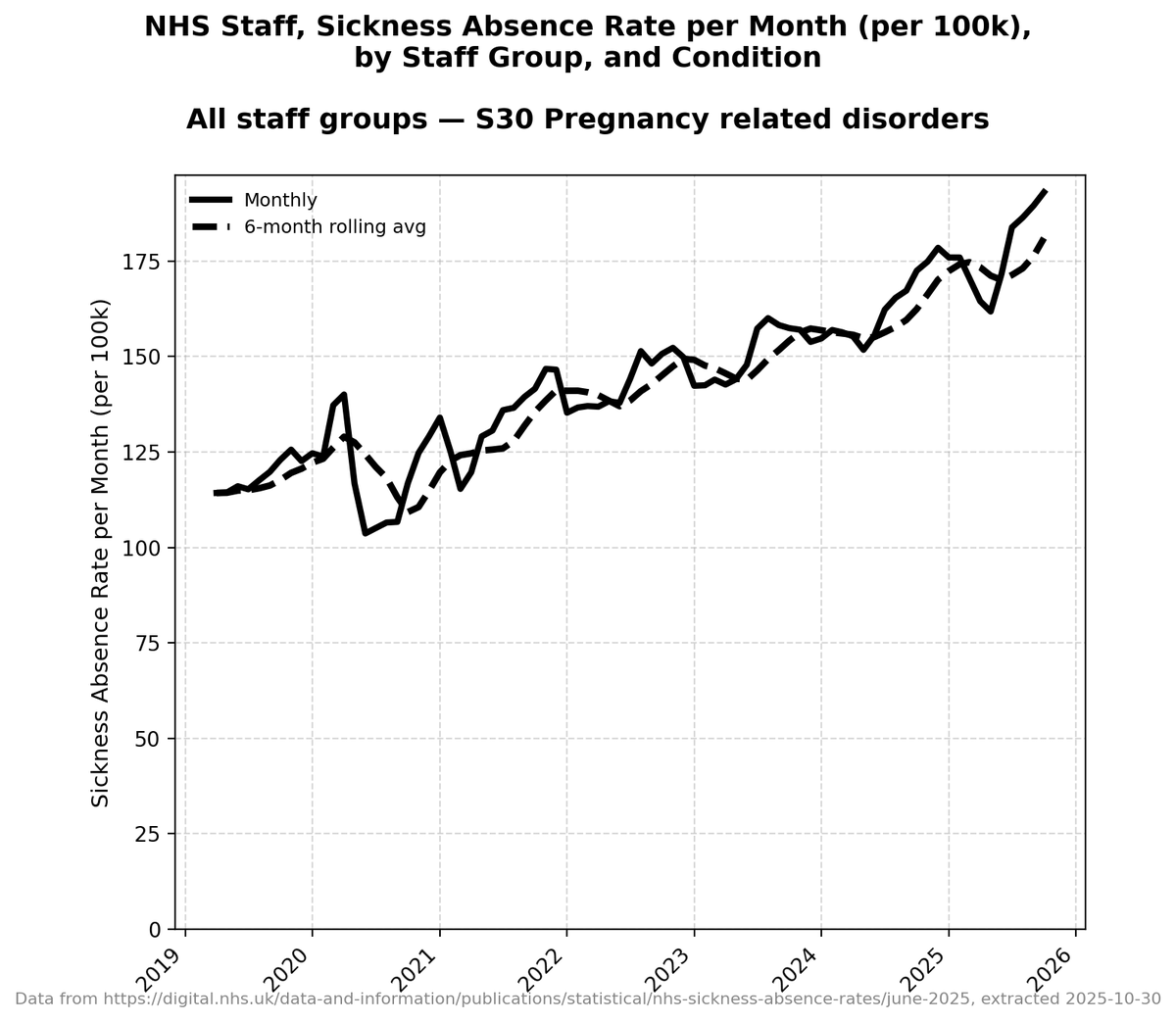This is going to be a messy complicated thread...
...but there are several massive hurdles in the paths of most people that prevent them accepting that Covid infections are responsible for the rising flood of ill health including things like heart attacks and mental illness.
...but there are several massive hurdles in the paths of most people that prevent them accepting that Covid infections are responsible for the rising flood of ill health including things like heart attacks and mental illness.
All of the hurdles are interlinked and tangled - so there's not really a logical flow through a list of bullet points.
This is going to be rambly, and jump from point to point, and it's going to be painful.
This is going to be rambly, and jump from point to point, and it's going to be painful.
Let's start off with the guilt because it's one of the most powerful emotions.
Think of this in terms of the harm done:
Think of this in terms of the harm done:
If you work on the principle that a person who dies from covid has been infected by another person:
One in three hundred americans has killed someone by infecting them with Covid.
I know that sounds harsh, but that's how it works.
One in three hundred americans has killed someone by infecting them with Covid.
I know that sounds harsh, but that's how it works.
People don't get infected by rain or a lottery. They get infected by people.
(If you openly know that you infected someone and they died, I hope you know there are ways to work through that grief, but denial is not healthy. DM me.)
(If you openly know that you infected someone and they died, I hope you know there are ways to work through that grief, but denial is not healthy. DM me.)
More than 43 million americans have experienced Long Covid, so that means that one in seven people have had it.
Again, anyone who has knowingly caught and shared Covid is responsible for that long term ill health.
Again, anyone who has knowingly caught and shared Covid is responsible for that long term ill health.
So to admit that Covid infection causes heart attacks is a hard thing to do when you've been responsible for sharing them.
When governments gave up on public health and told people it was about personal responsibility, everyone thought this meant freedom.
It actually meant a curse.
It actually meant a curse.
You do you means that you do someone else in.
And if you've been catching covid in the last three years and making no effort to avoid spreading it, you might be thinking to yourself "oh, well, I didn't kill anyone. I didn't disable anyone".
Well, I'm sorry, but the way I see it you share the responsibility.
Well, I'm sorry, but the way I see it you share the responsibility.
If you were comfortable with catching it and spreading it, you were comfortable with killing people.
At no point in this ongoing pandemic did Covid stop killing people.
At no point in this ongoing pandemic did Covid stop killing people.
People don't want to admit that.
Obviously.
Who wants to think they're responsible for that?
Obviously.
Who wants to think they're responsible for that?
There's a similar problem with climate change.
People don't want to admit any personal responsibility for the destruction of the whole flipping climate.
People don't want to admit any personal responsibility for the destruction of the whole flipping climate.
We all hide behind "oh, everyone was doing it".
But you see that's just a way of denying our own responsibility?
And this is all tangled up with the deception.
People were tricked into thinking that they should get out and spread it by government and media.
People were tricked into thinking that they should get out and spread it by government and media.
It's very very hard to admit that you've been tricked, especially if you have then joined in the con and harmed others.
People do not want to think that they're bad people.
Because only bad people harm other people, right?
Because only bad people harm other people, right?
People want to think they're good.
So to find out that you've been responsible for harm to other people, that's gutting.
So to find out that you've been responsible for harm to other people, that's gutting.
And that's just thinking about other people.
People *really* don't want to think that they've done things that are harmful to themselves.
Or to *their children*.
The people who pushed infection really knew what they were doing when they got parents to get their kids infected.
Because once the parents had done that, they were hooked forever.
Like a gang getting a new member to shoot a rival.
Once they've done that, there's no going back.
Once they've done that, there's no going back.
Once you've infected your kids repeatedly, you're going to profoundly resist any information that says that you may have permanently harmed them.
Feelings of guilt and shame and betrayal will make you look for an escape route... like blaming lockdowns or vaccines... even if those escape routes are completely implausible.
That's parents, but then think of doctors and healthcare professionals.
Being a doctor in the modern medical complex, you know that every drug you prescribe has side effects, every operation has potential complications, every action or inaction carries risks.
So everything you do is about increasing or decreasing risk, and you can't figure those statistics out for yourself, you rely on your statutory bodies to tell you what treatment to do or not do...
... and you rely on infection control to tell you what to wear or not wear or what to wash how often, because you trust them, but...
... they're enslaved to their political masters, not the science of infection. They're enslaved to fifty year old dogma.
So when an airborne virus comes along that causes *long term* illness and tears up all previous textbooks, and the infection control rules don't adapt to that...
... and you just shrug and move on, because it hasn't been you yet, even though you know so many colleagues who have had to quit work due to ill health...
... but maybe that's just what happens, and, besides, you want your kids to see smiles in their school, right?
You want things to be normal, right?
Masks are uncomfortable, aren't they?
Masks are uncomfortable, aren't they?
You just want things to be ok.
So you ignore the factual information.
And you listen to the happy optimism.
There's plenty on offer to you.
So you ignore the factual information.
And you listen to the happy optimism.
There's plenty on offer to you.
And so the doctors who should be caring for their cancer patients by protecting them from infection... they now buy into the lies that none of it is a problem, because otherwise they'd have to admit to two years of guilt.
"I can't be a bad person. I treat cancer patients, some of the most vulnerable people around! No, I don't think I should be wearing a mask!"
And meanwhile, the lies about it being over... or about vaccines preventing infection... or about kids not getting it... or kids not getting long covid...
Those lies are pumping out of a lie production line.
If you want excuses, there's a new one every minute, flooding the information zone.
You don't have to be guilty about your part in the situation.
You don't have to be worried about the repercussions for yourself or your loved ones.
Some of the lies come from deliberate con artists. Like Trump.
Some of the lies come from people who are so deep in denial that they can't even contemplate a virus like covid being airborne. Like collignon.
Some of the lies come from people who are mistaken. Not malicious, just incompetent.
But then all of the lies get picked up by the people who have their own two concerns: guilt and fear.
They look for reasons not to be guilty.
They look for reasons not to be afraid.
They look for reasons not to be afraid.
And then they share them endlessly.
So now we're in this place where so many people *just can't accept* any other narrative than the "we all had to catch it, we've got to keep spreading it" narrative.
They've got to believe that vaccines defanged it, even though they didn't quite get the whole fang.
They've got to believe that we've got all the tools, even though we've thrown them all away.
They've got to believe that it will go away, even though it won't.
They've got to believe it's mild, even though those cumulative effects are stacking up.
They have to because of the emotional drivers that prevent them being rational.
And that leads me on to another driver:
hope
hope
Unfounded hope is the consequence of unconfronted fear.
They want to stop fearing, but they don't want to confront the fear.
They want to stop fearing, but they don't want to confront the fear.
So they start hoping.
First world war soldiers in 1914 saying it will all be over by Christmas.
Cult members saying that they will get taken up by a space ship on a certain day.
Hope is a dangerous thing. Too much can kill a man.
Especially if it's hope placed in the wrong thing.
Now, all of all of this gets clouded by grief.
Grief is a confusing state. It's not so much an emotion as a landscape.
The sudden chasms of aching loss.
The tedious expanse of exhaustion.
The eruptions of anger.
The hard slog towards acceptance.
The sudden chasms of aching loss.
The tedious expanse of exhaustion.
The eruptions of anger.
The hard slog towards acceptance.
Grief isn't just for those that have died - grief is for any kind of loss.
Obviously the scale is different, and the entangled emotions are different, but anything can cause grief.
Obviously the scale is different, and the entangled emotions are different, but anything can cause grief.
Any carer whose three year old child has lost their favourite soft toy will know how powerful the loss of an inanimate replaceable object can be.
Grief can be for a lifestyle.
It can be for a future you hoped to have.
It can be for a future you hoped to have.
Grief can be for lost opportunities.
It can be for safety.
Right now, loads of people are grieving the carefree world they thought they were in.
This also gets mixed in with grief for the world that is dying around us.
And the grief that comes with the realisation that technology isn't saving us, if anything it's currently making many things worse.
And the grief that bad people with lots of money have enormous power in the world.
And those swirling feelings of grief for so much of the future that we hoped for for ourselves and the next generation...
... well, there's a lot of denial. and anger. and bargaining. and depression. and not much acceptance.
Has there ever been more of a grief bargain than "learn to live with Covid".
As if we can be nice to it and it will be nice to us.
As if we can be nice to it and it will be nice to us.
But loss and grief makes people unpredictable.
We jump from one stage to another individually and collectively.
We jump from one stage to another individually and collectively.
You can watch people swinging from denial to anger to depression to bargaining and back again to anger and denial and depression.
People are refusing to believe that the world is not what it was.
People are looking for things to be angry at:
Lockdowns, vaccines, maskers, people who talk about covid.
Lockdowns, vaccines, maskers, people who talk about covid.
People are crunching deep into both depression and anxiety. Maybe those are caused by the physiological effects of covid infections rather than the grief... who knows.
And when you mix all these into the guilt and fear and hope, you get a painful melange of emotion.
Grief can cause people to become stuck in the past.
Refusing to take on board new information.
Refusing to take on board new information.
Reliving old scenarios.
Acting like nothing has changed.
Wanting things to be as they were.
Acting like nothing has changed.
Wanting things to be as they were.
You understand how this prevents the brain engaging with reality, right?
And then into that mix, add pride.
Oh yes.
I'm not talking about pride in a good sense either.
I'm not talking about pride in a good sense either.
I'm not talking about a pride march, I'm talking about that conceitedness by which people can't admit they were wrong.
People can't admit they can be wrong.
Think of the shame element of thinking it was ok to spread a fatal virus and it killing someone you are supposed to love.
Then mix that in with the blow to your pride at that accidental or deliberate error.
How hard is it to admit that you're responsible for the death of someone you love?
I've literally sat and wept with someone who has confronted their own shame in taking a virus to their parent that killed them.
I've literally sat and wept with someone who has confronted their own shame in taking a virus to their parent that killed them.
The only way out for them emotionally was to admit it.
But so many more *aren't* admitting their part in the disaster.
They fall back on "everyone had to get it" or "they would have caught it somewhere".
But so many more *aren't* admitting their part in the disaster.
They fall back on "everyone had to get it" or "they would have caught it somewhere".
It's like joining an anonymous murder club - where you commit the murder for someone else in the group so it can never be traced back to them, and they do the same for you.
Except this was a social contract where they all said that they would infect everyone, and if anyone got hurt, the blame would be shared throughout society.
It's just bad luck who falls by the wayside, right?
But no one wants to admit their part in the murder club.
Who would?
Who would?
Pride.
And then comes the modern curse:
Control.
Control.
Five hundred years ago, people didn't have control over their lives. You lived at the whim of the weather and the latest disease that passed through and the mad king and the quality of your water supply.
But then with sanitation and vaccination and distribution networks comes a previously unknown stability.
Lifespans bloom.
And the illusion of control starts to weave its effects.
And the illusion of control starts to weave its effects.
If the vast majority of people are going to be healthy for most of their lives, then they can put their mind to other modern pursuits: hobbies and indulgence and empire building and financial security.
But when that illusion of control is shattered by a lockdown, suddenly the axis of the world changes.
Doctors, for example, hadn't signed up for what they encountered in 2020 and 2021. They didn't think that their own hospitals were going to become the battlezone.
As soon as they possibly could, when that emergency phase was over, they wanted to re-exert the illusion of control.
Mixed in with the fear, and the shame, and the denial, and the anger, and the hope, and the depression, and the loss, and everything, and there's this tangle of obstacles in the way of admitting to the state of reality now.
How do we unpick all those tangles?
Honesty.
Empathy.
Love.
Clarity.
Empathy.
Love.
Clarity.
We need to help people work through the mess their mind is in.
We need to work patiently through the lies.
And maybe we'll get somewhere.
• • •
Missing some Tweet in this thread? You can try to
force a refresh







